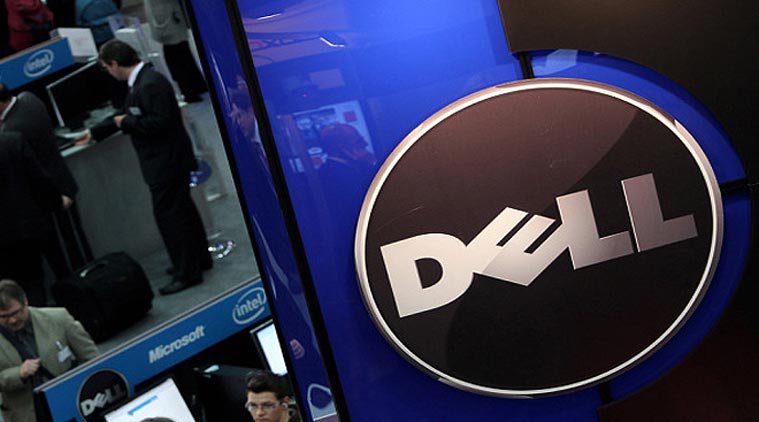

- DELL EMC CORP SOFTWARE
- DELL EMC CORP SERIES
3 Optional Intel Optane persistent memory 200 series increases bandwidth by 32% on average over the previous generation. New VxRail systems with the latest Dell EMC PowerEdge server technology, including 3rd Generation Intel Xeon® Scalable processors, deliver 42% more cores for faster performance when compared to previous generations. Today’s updates help customers get more from their existing resources, support even more workloads and simplify deployment to better meet business demands.”Įxtreme performance for mission-critical workloads
DELL EMC CORP SOFTWARE
“What makes VxRail so simple is Dell’s investment in software development that allows for easy adoption of our latest hardware, enhances the VMware experience and simplifies the entire IT lifecycle. “Customers turn to Dell EMC VxRail because it provides a simple IT experience and path to hybrid cloud,” said Jeff Boudreau, president and general manager, Infrastructure Solutions Group, Dell Technologies. According to IDC research, VxRail customers experienced 452% five-year ROI, 70% more productive IT teams and 92% less unplanned downtime compared to previous IT environments. The leader in HCI systems 1 also delivers new software advancements and the introduction of dynamic nodes that evolve how customers use VxRail to more effectively use existing resources and support demanding workloads with Dell Technologies storage.Īs the only HCI system jointly engineered with VMware, VxRail delivers unique automation and orchestration capabilities that allow its more than 12,000 customers to accelerate business outcomes across core data centers, cloud and edge locations.
Energy, Climate Action & Sustainabilityĭell Technologies (NYSE: DELL) announces Dell EMC VxRail hyperconverged infrastructure (HCI) systems with enhanced performance based on recently launched Dell EMC PowerEdge servers. APEX Cloud Platform for Red Hat OpenShift. APEX Cloud Platform for Microsoft Azure. APEX Data Storage Services Backup Target. With EMC under its belt, Dell is less likely to see some of its partnerships with competitors as useful in the long term. It will also be interesting to see how this shakes out for technology partnerships Dell has currently. While there are most likely going to be a few bumps along the way, if there is no significant issues, Dell EMC will be a new competitor on the field to be reckoned with. There are several competitors that are waiting with baited breath for this new giant to stumble as it attempts to bring the businesses together under one heading with a single mission. While this acquisition marks a big change for Dell and EMC it also is rattling the industry as a whole. Customers can expect the same level of support for the products they own and as the new company evolves they will be able to evolve with it migrating to new products as they become available. Dell EMC plans on keeping both the Unity and SC product families separate as they both represent specific needs. For midrange, Dell EMC now represents 29.4% of the market share (over twice that of HPE and nearly double of NetApp), $3 billion in combined revenue, and now over 100,000 customers. Dell EMC is also addressing the midrange storage customers going forward with 100% commitment to both EMC Unity and Dell SC (Compellent) customers. The first group that comes to mind when thinking about the benefits this acquisition brings is the enterprise. While Dell EMC will be a privately held company, it does plan on publicly reporting its financial results. VMware will continue to be a publicly traded business for the time being. Shareholders of EMC have receive $24.05 per share in cash in addition to tracking stock linked to a portion of EMC’s economic interest in the VMware business. Dell EMC will continue to focus on innovation and R&D while leveraging its global scale and service capabilities to deliver efficient and cost-effective solutions for its customers. Dell Technologies now comprises of Dell, Dell EMC, Pivotal, RSA, SecureWorks, Virtustream, and VMware.įirst announced in October of last year, the acquisition of EMC by Dell was stated as being worth $67 billion. 
Combined the companies create a $74 billion market leader with a wide breadth of products and solutions that cover a large portion of the industry including hybrid cloud, software-defined data center, converged infrastructure, platform-as-a-service (PaaS), data analytics, mobility, and cybersecurity.

Today Dell Technologies completed its acquisition of EMC Corporation creating the world’s largest privately controlled tech company.






 0 kommentar(er)
0 kommentar(er)
